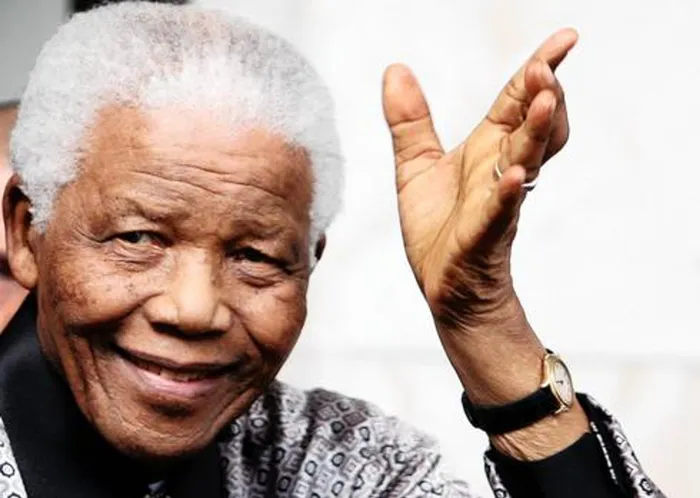
The writer wonders what Madiba would say if he were here with us in 2017, at a time when our country has become even more divided. The writer wonders what Madiba would say if he were here with us in 2017, at a time when our country has become even more divided.
The ANC, over the last few years, has been plagued by people who, out of ignorance rather than by design, earnestly plug ridiculously simplistic answers to our most complex problems. They are sloganeers whose idea of thoughtful analysis is often limited to what will fit on a T-shirt or a bumper sticker.
These simple-minded sloganeers are doubly dangerous: dangerous because they can distract and confound our leaders and clog decision-making channels, and because of the chance that one of these slogans might actually become official policy.
Madiba always knew that if the ANC was to enjoy hegemony among all classes, all social strata, social forces, in keeping with the ANC’s revolutionary mass character, it would have to possess almost a divine wisdom, with an exceptional ability to see opportunities that may help deepen unity of purpose.
Today, there is no shortage of people who want to wrap black people in their own perceived injuries, so eager to escape imagined traps of white authority that they are willing to cede values of the organisation – honour, generosity, Batho Pele (people first).
Who said being previously disadvantaged excuses you from being respectful; who said being black excuses you from being kind, from working hard, from earning your living through hard work and sacrifice?
The curious phenomenon in South Africa is that the family in Constantia, entrenched in privilege, with a preconception about neighbourhoods across the divide, has Madiba’s picture in their living room, as has the family in a crumbling makeshift shack in Philippi.
This speaks to the profound era of Madiba which gave both these people a new idea of themselves. Madiba seemed to offer an opportunity for collective redemption. This, Madiba knew, reflected a reality that society’s sense of hope is indivisible.
You cannot preach hope to one group and the threat of despair to another and not have an overall sense of decay in all society.
What the ANC needed to do was to leverage any sense of common purpose that the birth of a new nation was showing, however small. That is why the best conditions for economic transformation have always been economic growth. This would mean as boats are shifting their structure and ownership, they are also rising.
So what would Madiba think of today’s almost religious-like edict of Radical Economic Transformation (RET), presented without any sophistication by the even less sophisticated RET champions? What would Madiba think of today’s leaders using RET to hide their mischief, and the almost scaremongering nature of its postulation?
What would Madiba say if he were here with us in 2017, at a time when our country has become even more divided, on race, divided due to corruption, poor leadership and a nagging sense that our country’s decline is inevitable, our discourse pettier and more poisoned? Would he lose heart and declare the reconciliation project a failure?
I believe Madiba would commend the discussion documents the ANC has released towards its policy conference, particularly the Organisation Renewal section, especially its sophisticated nature, contrasted with the loud hailing and noise by our leaders daily, but Madiba would lament that even these documents are proving vulnerable to the noise-makers with an exaggerated sense of grievance.
It does not serve anyone for us to undersell our accomplishments as an organisation for fear that we would lose those who are today too angry about the pace of change.
I believe Madiba would be proud that in the past 23 years, we have cut the gap between black earnings and white earnings by historic margins. But I believe he would not let us forget that the wealth of black households still averages less than one-tenth that of white households.
I believe he would be proud that black South Africans' employment is at its highest level in history and black poverty at its lowest. But I believe Madiba would not let us forget that black South Africans still earn much less than white South Africans; he would not let us forget that black unemployment is unbearably much higher than white unemployment.
Ultimately, I believe he would tell us that people of different racial and ethnic backgrounds, of all faiths and creeds, can not only work and live together, but can enrich and ennoble both themselves and our common purpose.
Diko is ANC Western Cape spokesperson